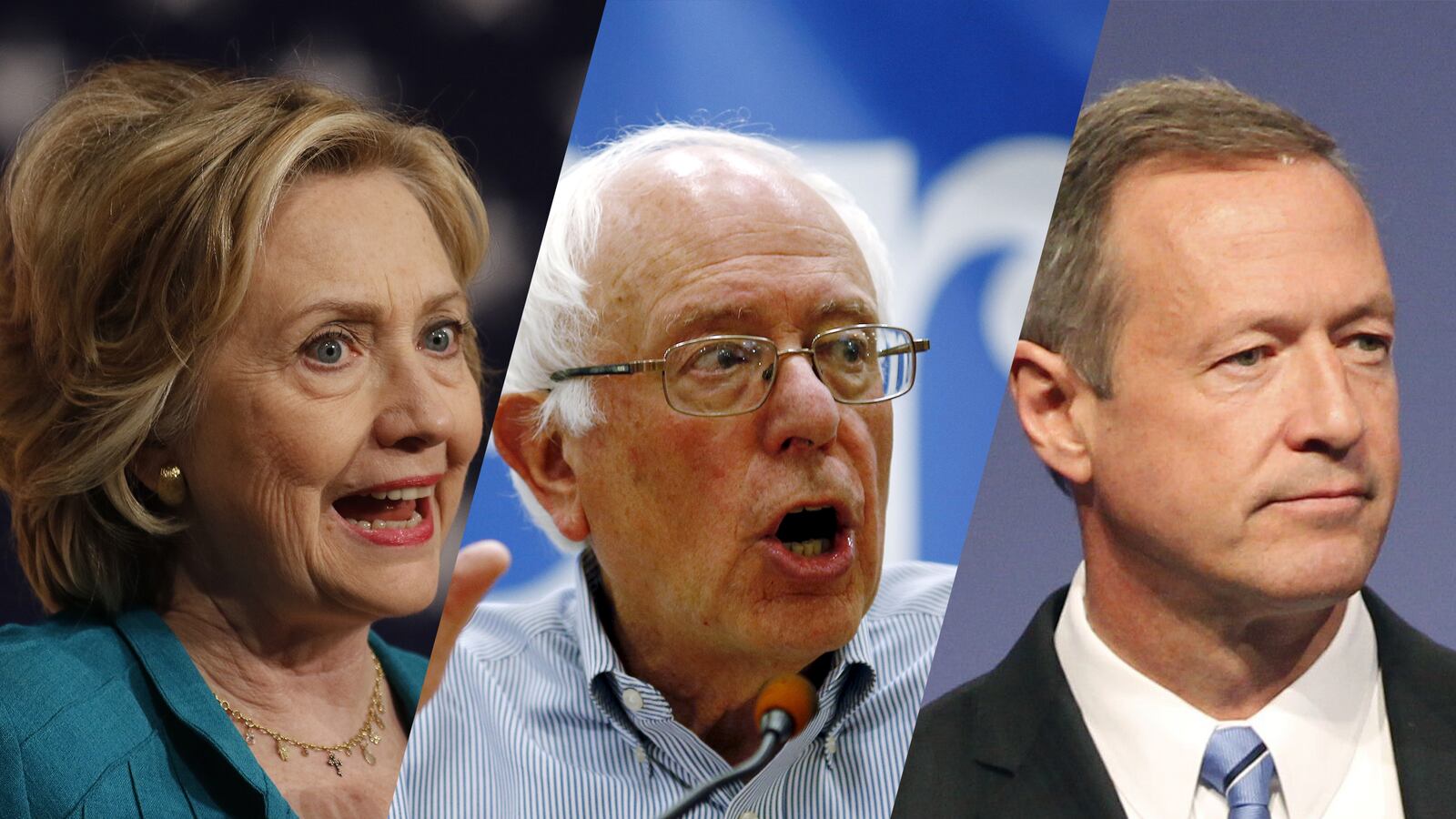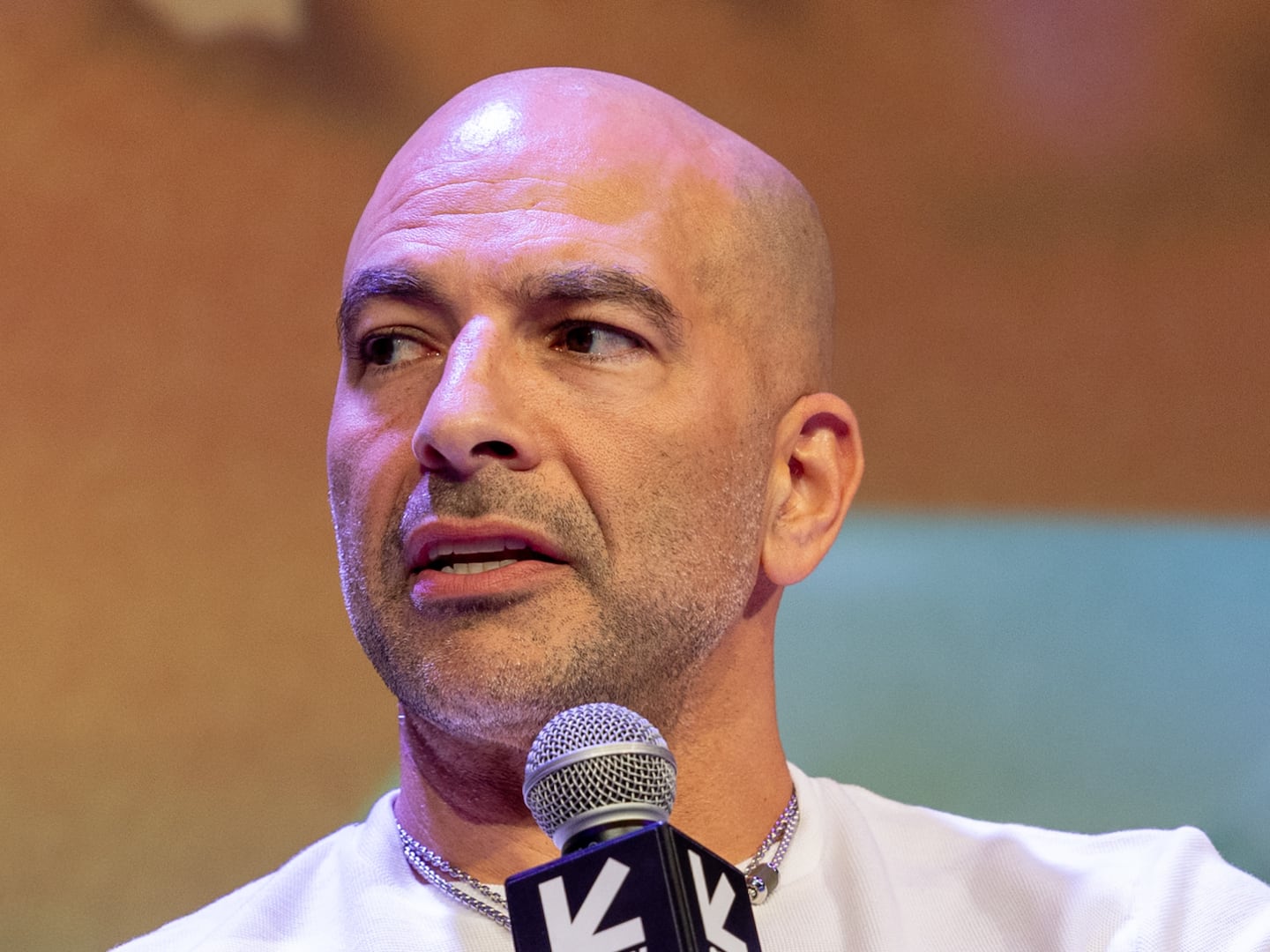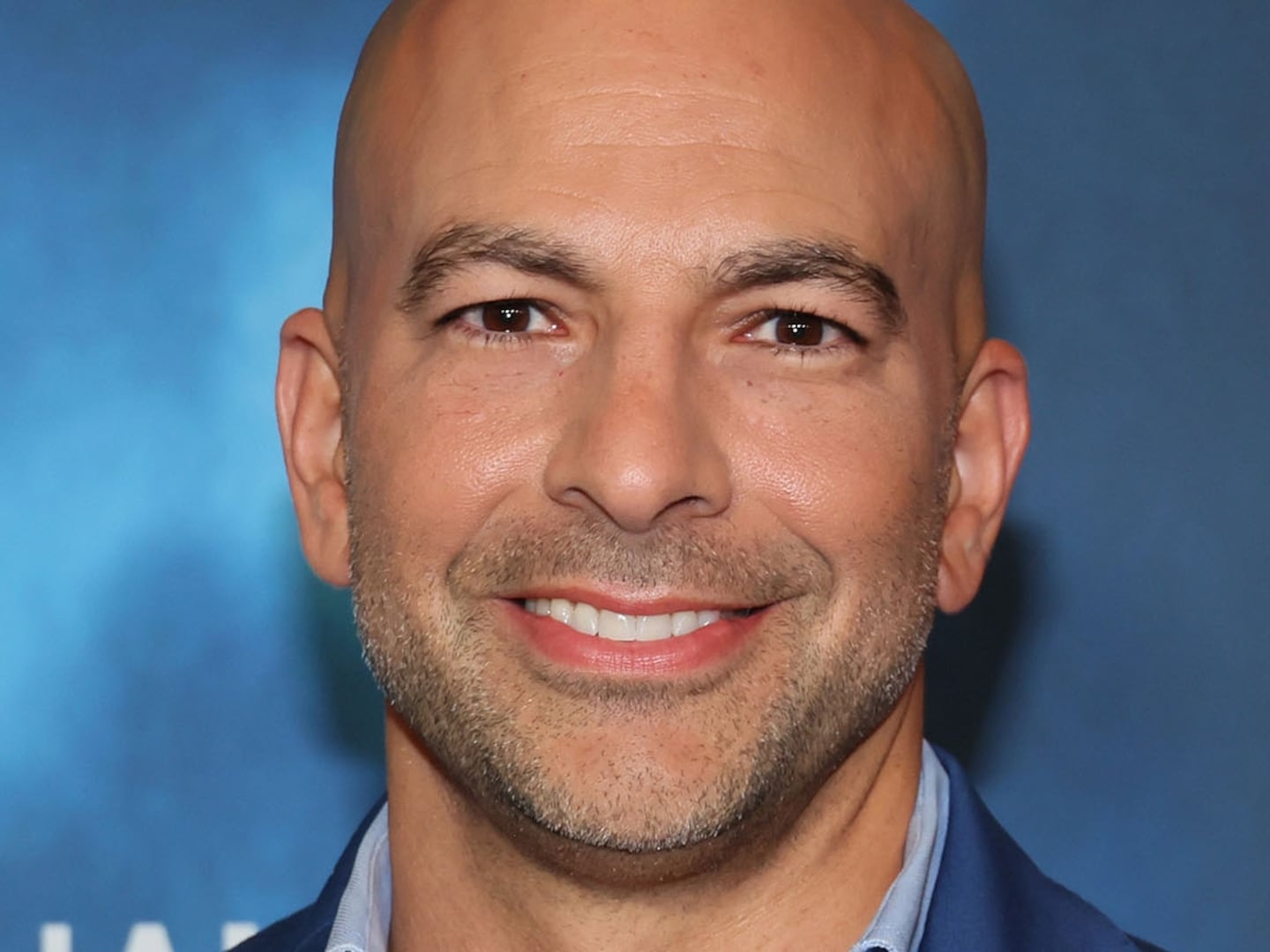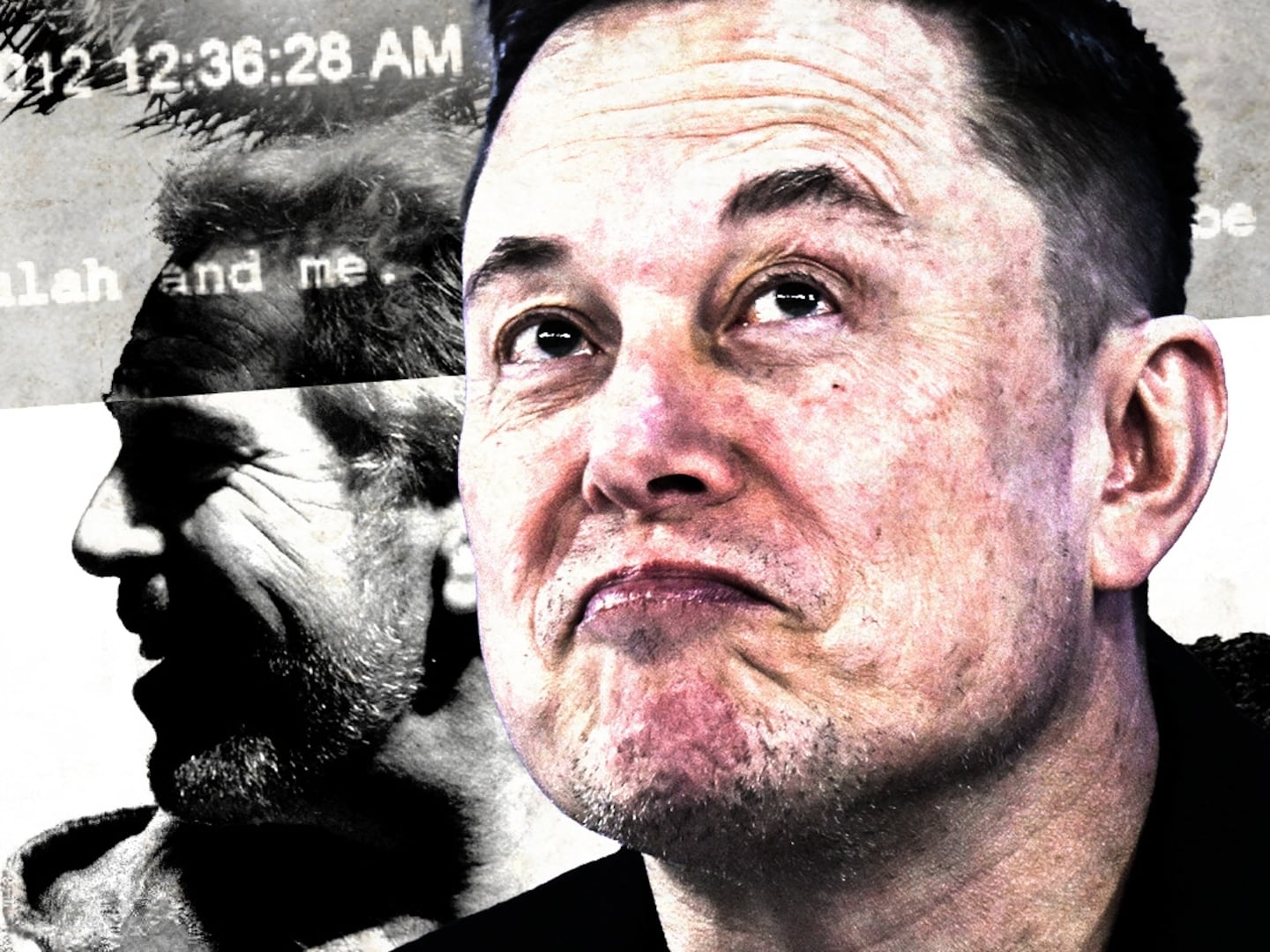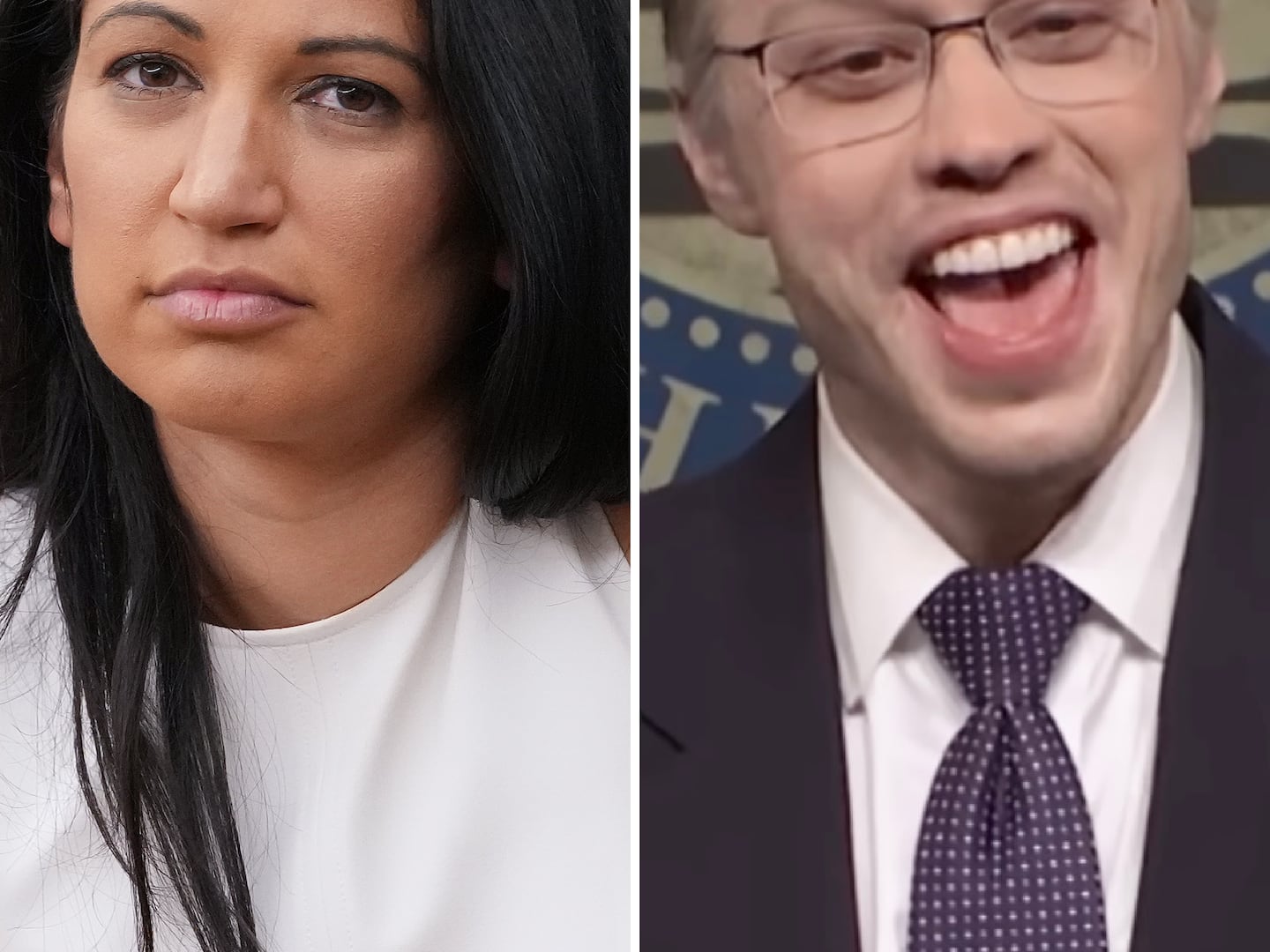Once the Republican presidential candidates leave the debate stage, the spotlight will shift to the Democrats. The Daily Beast has learned that the Democratic National Committee will announce its debate schedule later this week, with six debates beginning in the fall, and with penalties for candidates and media outlets that stray from the sanctioned schedule.
Democrats are way behind the pace they set in the 2008 cycle—the last time there was an open Democratic nomination. By this point in the primary calendar, there had already been five debates, the first one in South Carolina in April ’07. Anita Dunn, a Democratic strategist and debate expert, said in an e-mail that the process got off to a later start this year because Democrats didn’t have a declared candidate until May, when Hillary Clinton announced. In 2007, meanwhile, the field was pretty well set by May, she recalled.
“If we had tried to hold debates in April 2015 we would have had no candidates. The Republicans are starting in August, we will start in the fall, and I think both parties felt this was the right balance,” Dunn wrote.
Debate planning has been underway at the DNC since early last year, and Vice President Biden’s staff has been kept in the loop all along as a party leader and someone who has openly talked about possibly running. Lobbying by the campaigns has been intense, with Clinton’s campaign wanting fewer than six debates, while the staffs of Martin O’Malley and Bernie Sanders asking for more than that.
The sooner the debates begin, the sooner candidates like Sanders and O’Malley are helped. They need the oxygen, the airtime, the access to donors -- all the benefits that flow from standing on the stage with the frontrunner. Contrary to conventional wisdom, Clinton will be helped as well, says Washington lawyer and Democratic activist Paul Equale.
“The sooner the phony war becomes a real campaign, the better for Hillary,” he says. “She has the worst of all worlds now with this pseudo campaign going on. Once she stands on the stage with people who are running against her, she can be spontaneous and authentic and present herself as a real candidate, as opposed to a heir apparent waiting to be coronated.”
Former DNC chairman Howard Dean first introduced the idea of limiting debates to six when he chaired the DNC at the beginning of the ’08 cycle. There had been 24 Democratic debates during the ’04 cycle and candidates could do little else but go from debate prep to debate to debate prep, with little time for campaigning. With so many debates, there were diminishing returns for the candidates, the voters and for media outlets whose budgets were strained.
Dean’s proposal fell apart almost immediately. Univision invited Democrats to debate, and no one was going to say no to that. Then the invitations kept coming, from labor, from environmentalists, and by the end of the ’08 primaries, there had been 27 debates.
So this cycle, determined to put a lid on the process, Democrats took an idea from the Republicans, who had announced there would be penalties on their candidates if they went outside the Republican National Committee’s sanctioned debates. If Sanders or O’Malley tries to test the DNC, they would risk getting aced out of the other debates. Ditto for a media outlet that tried to mount something separate on the side, as they would risk losing Hillary Clinton as a contender.
One thing is sure, Clinton is going to follow the rules; she won’t do more than the six debates. And the networks understand the DNC has control of the process because Hillary is on board with the plan and she’s not going to show up for any debates that are not sanctioned.
Forums are allowed because they’re more of a cattle call. All five Democratic candidates will be speaking at the DNC summer meeting in Minneapolis on August 28th, but they won’t be sharing a stage.
The DNC will also announce this week uniform criteria for inclusion in the debates. Democrats aren’t concerned about the number of candidates as they don’t have that many. But they want to head off what happened in ’07 and ’08, when debate hosts changed the rules from debate to debate.
The result was former Alaska Senator Mike Gravel, the first in the field to announce for president, being allowed into several debates. He quickly achieved notoriety for his anti-war position and curmudgeonly demeanor. Then, after failing to exceed 1 percent in the polls, he was barred from debating.
Anti-war candidate Dennis Kucinich suffered much the same fate. The criteria for when he was in or out of a particular debate was subject to change, and after MSNBC excluded him from a January ’08 debate in Las Vegas, Kucinich sued the network. The Nevada Supreme Court ruled against him, and Kucinich was out of the race by late January, citing his exclusion from the debates as a factor in his decision.
This time the DNC isn’t leaving anything to chance as the party lays out its debate agenda. In politics, however, the best-laid plans often go awry, and this level of control by the party establishment is almost certain to get pushback from some Democrats. After all, they are Democrats.

